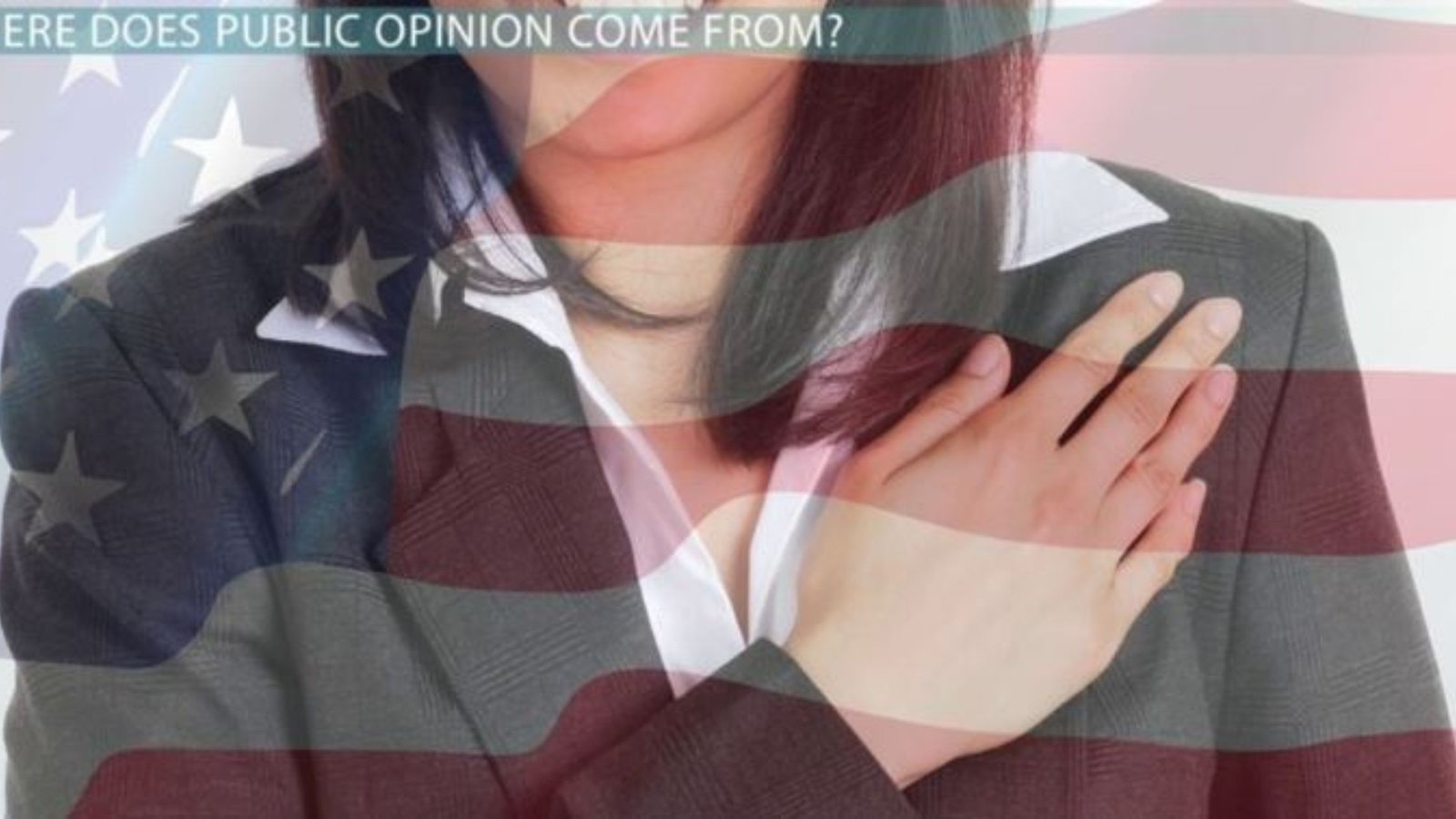Public opinion plays a crucial role in shaping government decisions, acting as a powerful tool that influences the direction of policies and actions in democratic systems. Governments, often motivated by the need to reflect the will of the people, use public sentiment to guide decisions that affect society. Public opinion shapes policy through elections, social movements, and media channels. Understanding its impact reveals the connection between citizens’ voices and effective governance. In this blog, we’ll explore how public opinion impacts decision-making processes and how governments respond to the views of their citizens.

1. Elections and Political Mandates
One of the clearest ways public opinion shapes government decisions is through elections. Voters express their preferences on various issues by electing candidates who align with their views. Politicians, in turn, interpret their election victories as a mandate to implement the policies that resonate with the electorate. Thus, the policies proposed by elected officials often reflect public sentiment on issues like healthcare, education, and the economy.
Governments that ignore public opinion risk losing support in future elections. This system creates accountability, ensuring that leaders stay responsive to the people’s needs. Public opinion not only affects policies before elections but also continues to influence governance throughout a politician’s term in office.
2. Social Movements and Advocacy Groups
Beyond elections, public opinion influences government decisions through social movements and advocacy groups. These movements often arise when citizens feel their concerns are being ignored or inadequately addressed by the government. Through protests, petitions, and public campaigns, social movements amplify the voices of ordinary people, pushing for changes in laws and policies.
For example, movements focused on environmental protection, civil rights, or economic inequality have led governments to take action on issues previously overlooked. These movements demonstrate how collective action can mobilize governments to enact policies that reflect the will of the people.
3. Media and Public Discourse
The media plays a central role in shaping public opinion, which in turn, impacts government decisions. News outlets, social media platforms, and other forms of media provide citizens with information on current events, political developments, and policy issues. The public often forms its opinions based on the framing and coverage of these topics in the media.
Governments monitor public opinion through media analysis and public opinion polls to stay informed on citizens’ views. By keeping an eye on media trends, governments can adjust their policies to align with the prevailing public sentiment or take action to address concerns raised by the public.
4. The Role of Public Opinion Polls
Public opinion polls provide a direct method for governments to assess the views of their citizens on specific issues. These surveys gauge public sentiment on a variety of topics, from economic policies to foreign affairs. Public opinion polls guide government decisions by offering insights into what the majority of people want.
Policymakers use these polls to determine which issues should be prioritized and how best to frame their decisions to gain public support. However, while polls offer valuable insights, governments must balance public opinion with expert advice and long-term considerations when making policy decisions.
5. Balancing Public Opinion with National Interests
While public opinion is essential in shaping government decisions, it’s important to recognize that not all public sentiment aligns with the best interests of the nation. Governments must balance responding to public opinion with ensuring that policies are sustainable, practical, and beneficial in the long term.
In some cases, public opinion may call for short-term solutions that could harm the country in the long run. For example, while citizens may support tax cuts, governments must also consider the impact of reduced revenue on public services. Responsible governments navigate this balance by using public opinion as a guide while making informed decisions based on data, expert input, and the broader public good.
Conclusion
In conclusion, citizen influence plays a significant role in shaping government decisions, acting as a key factor in democratic governance. Whether through elections, social movements, or media channels, the views of citizens are central to the policy-making process. Governments that listen to public opinion and use it to inform their decisions foster greater trust and accountability. While it is essential to remain responsive to public sentiment, balancing it with long-term national interests ensures that policies benefit society as a whole. Public opinion and government action must continue to work together to promote effective, transparent, and responsible governance.

